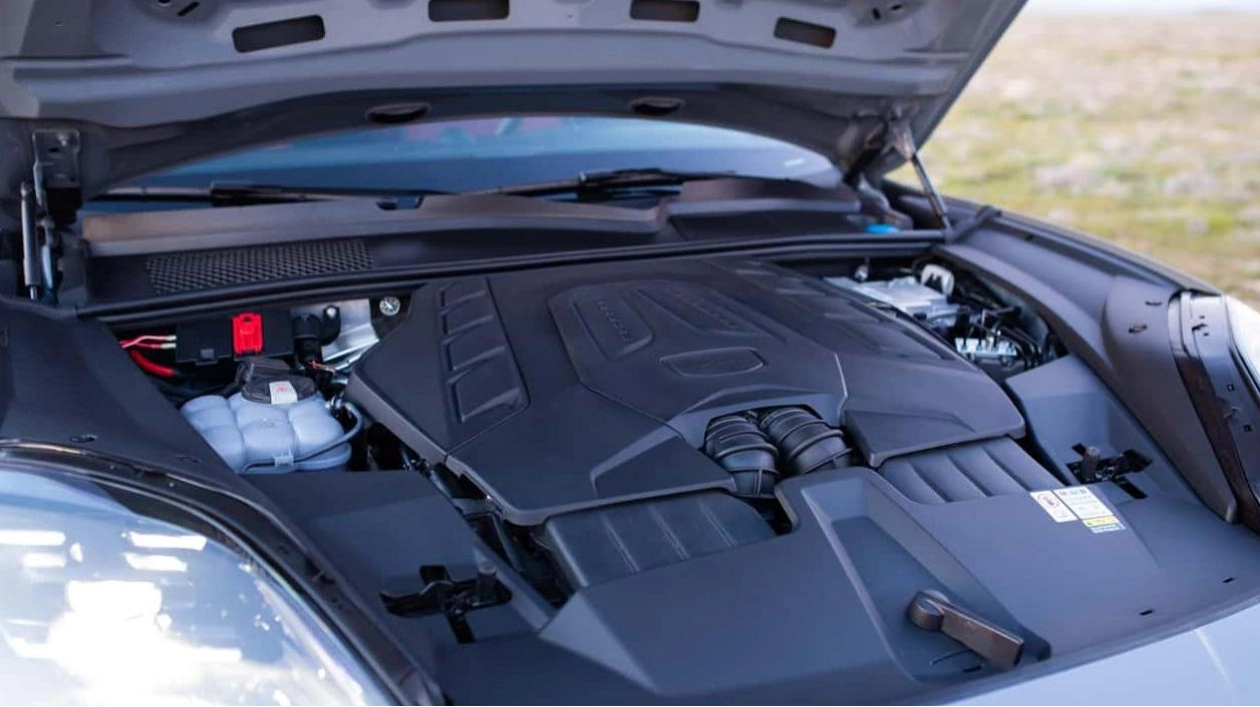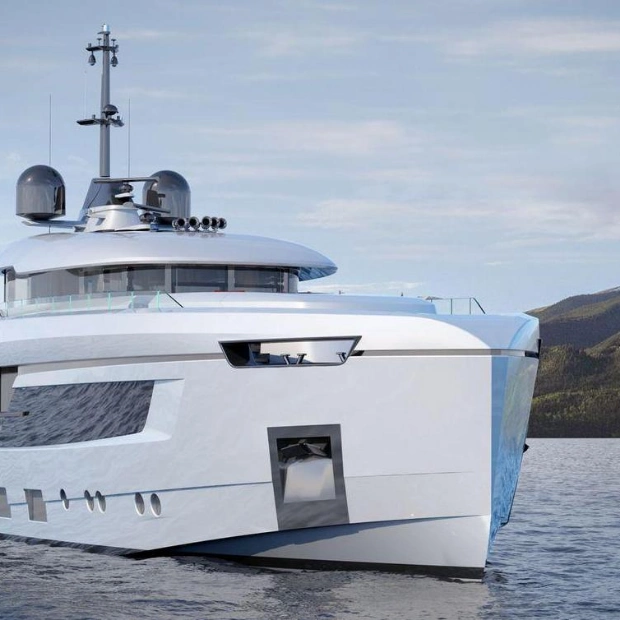In early 2022, Porsche announced that electric vehicles would make up over 80% of its annual sales by the end of the decade. This ambitious target remains, though the company has acknowledged that its realization hinges on consumer acceptance of EVs. During a Q&A session with the press prior to the Q3 2024 sales report, Porsche's Chief Financial Officer, Lutz Meschke, admitted that the transition to electric vehicles is not progressing as expected.
Meschke highlighted that the situation in China is particularly challenging for Porsche and other European luxury brands. In the United States and Europe, Porsche has observed a slowdown in the shift towards battery electric vehicles (BEVs), with overall customer demand falling short of expectations. He noted that many premium and luxury segment customers are showing a preference for combustion engine cars, indicating a clear trend in that direction.
Interestingly, Meschke revealed that Porsche will respond to customer preferences by updating its gas-fueled and plug-in hybrid models. The executive team is allowing the R&D department to explore multiple powertrain solutions, including new combustion-engined derivatives of electrified cars. While it's too early to determine if this means EVs will also get gas variants, the new Macan, built on a dedicated electric architecture, suggests otherwise. The Macan shares its Premium Platform Electric (PPE) with the Audi A6 and Q6 E-tron models.
Looking ahead, the 718 replacement, set to launch in 2025, and the next-gen Boxster and Cayman are expected to be EV-only. Similarly, the three-row SUV codenamed 'K1' will be strictly electric. The smaller Cayenne will continue with V8 power into the 2030s, coexisting with an electric variant. The Panamera will follow a similar strategy, with the ICE model continuing alongside the planned EV variant.
Despite Porsche's commitment to combustion engines, the reality of 2024 is that the Boxster, Cayman, and Macan have been discontinued in Europe due to cybersecurity regulations. These models will be phased out globally by mid-2025, with the crossover following suit a year later. If Porsche does pursue EV-to-ICE adaptations, compromises in packaging may be necessary, as seen with BMW, which won't have a dedicated electric car architecture until the launch of the first Neue Klasse model in 2025.
Source link: https://www.motor1.com






